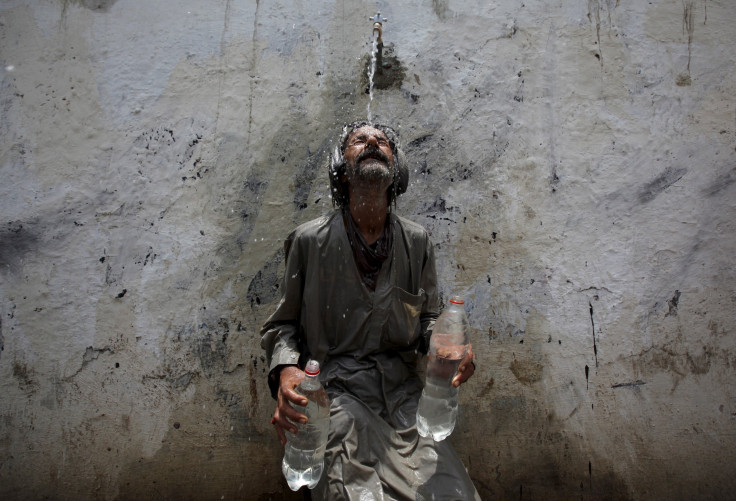Death Toll From Brutal Heat Wave In Pakistan Surpasses 650 During Ramadan

A scorching heat wave has swept across Pakistan this week, claiming the lives of more than 650 people in four days. The extreme heat is particularly ill-timed, as it arrives while many Pakistanis are observing Ramadan, an annual month of fasting in which Muslims abstain from eating and drinking until sunset. Since Pakistan’s laws are designed to reflect the tenets of Islamic faith, it is illegal for anyone in the country to eat or drink in public places during Ramadan.
So far, most victims have been homeless or elderly residents in the port city of Karachi, which is Pakistan’s largest and most populated city with 20 million people and one of the largest cities in the world. Day laborers who must spend all day out in the sun without a drop of water are also vulnerable, reports the New York Times. The heat-related causes of death are varied: An administrator at one hospital that had treated 5,000 patients for heat exposure over the past few days reported a rash of fatalities from dehydration.
Nawaz Sharif, the prime minister of Pakistan, has ordered the army to establish special medical centers for heat stroke victims as temperatures rise to 113 degrees Fahrenheit, BBC reports. The local government tried another approach and declared a public holiday to encourage residents to remain indoors, Al Jazeera reports.
Pakistan has struggled to develop reliable infrastructure to support its population -- the electrical grid is prone to fail during times of high demand, which can knock out air conditioners and fans for those who can afford them. The heat wave has given residents a fresh excuse to criticize Sharif’s administration for its delayed response to the crisis and to complain about his failure to apply pressure on K-Electric, the country’s primary power supplier, to improve the grid and prevent these deaths in the first place.
Fortunately, rain is forecast for later this week and should bring at least temporary relief to residents.
© Copyright IBTimes 2024. All rights reserved.






















